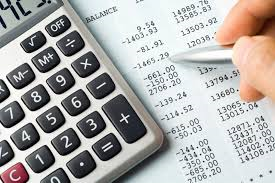
Many jurisdictions recognise a distinction between secured and unsecured creditors during bankruptcy proceedings. A secured creditor is one that has a secured interest in some of the debtor’s property, meaning that if the debtor defaults on payments to the creditor, the creditor may possess or liquidate the secured property to satisfy the debt. Conversely, an unsecured creditor is one that does not have a secured interest in any of the debtor’s assets. In jurisdictions that recognise such a distinction, the secured creditors are often entitled to payment resulting from the sale of the secured property before unsecured creditors in bankruptcy proceedings. The most common example of a secured interest occurs when a lender finances a debtor’s purchase of a particular property (e.g., a home or vehicle) and, as part of the debt agreement, takes a collateral interest in the financed property.
The claim is considered secured to the extent of the value of the property. When the debt is undersecured (the amount of the note is greater than the value of the security interest), the debt will be considered both unsecured and secured. For example, if a note for $500 issecured by property with a value of $400, there is a secured claim for $400 and an unsecured claim for $100.
The method of establishing oneself as a secured creditor varies from jurisdiction to jurisdiction. There might be a filing requirement to register a financing statement with a public registry or a government agency.










